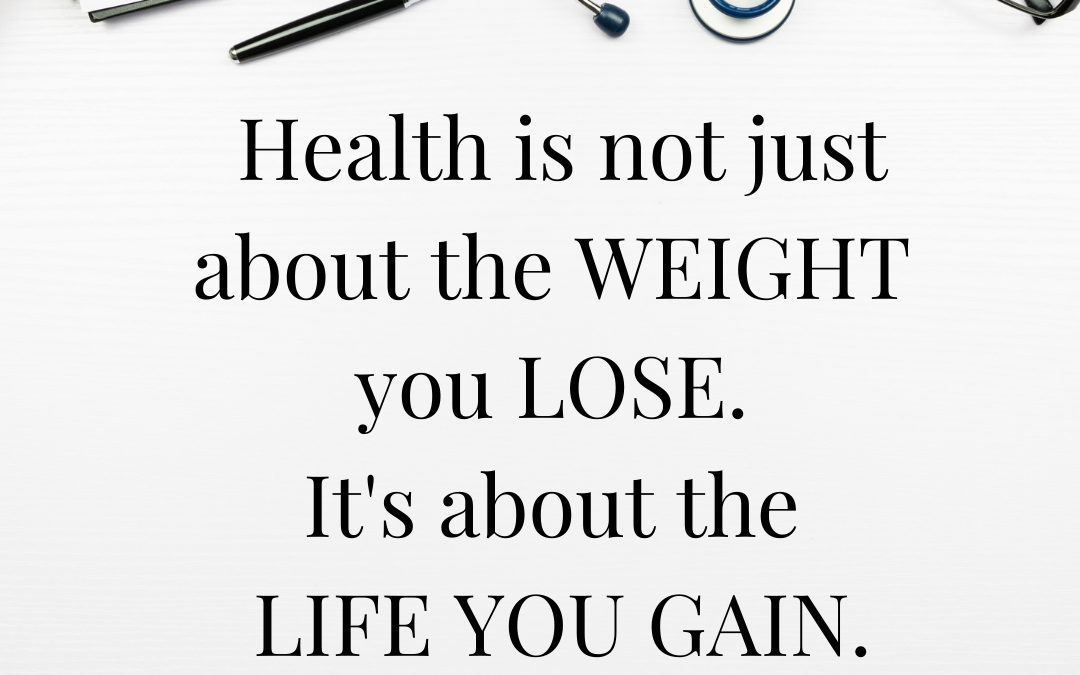Do you know that it is important to maintain a healthy weight, not just to look good, but also because it matters to your health?
The World Health Organisation (1) reported that worldwide obesity has nearly tripled since 1975. 39% of adults aged 18 and over were overweight and 13% were obese in 2016. This matters, because there are many consequences to one’s health, when either overweight or obese. For instance, it increases the risk of many diseases including:
- Type 2 diabetes
- High cholesterol
- High blood pressure
- Stroke
- Cancers like breast, prostate and colon cancer
- Sleep apnea
- Fatty liver disease
- Osteoarthritis
Being overweight may also cause poor self-image, resulting in lowering self-esteem and confidence.
Common causes of weight gain
There are numerous reasons for weight gain, including having a sedentary lifestyle, eating more processed foods, underlying health conditions or not sleeping well.
With the busy lives we live, many of us depend on the convenience of buying packaged meals, which tend to be high in sugar, fat and salt. This means that we are not fully aware of what we are eating, unless we carefully read the labels.
And many have also gained weight over this past year because being in lockdown meant spending more time at home, being less active and constantly snacking.
How to check if you are overweight or obese
- Clothes fitting
With time have you found that your clothes do not fit that well? So you either have them loosened or you buy the next size up? This is the simplest sign that you are putting on weight.
And if your clothes are snug (and do be honest to yourself about this), you may be thinking “I don’t need to do anything about my weight right now, as it’s not that bad.”
And you then start wearing tracksuits or stretchable clothing only. But, this only results in more weight gain. So don’t ignore how your clothes are fitting you.
- BMI
A common tool used to check if you are overweight is the Body Mass Index (BMI). For most people, having a BMI of over 25 is considered overweight, and 30 obese. If you do not know what your BMI is, do visit the NHS website and CLICK HERE TO CHECK YOUR BMI
Please note, healthy BMI does differ, depending on your ethnicity. For South Asians, BMI up to 23 is healthy.
- Waist size
Your waist size is another indicator so you should also check your waist circumference using a tape measure. According to the NHS, you are at lower risk if, for a woman have a waist that is 80 cm and for a man if it is less than 94 cm.
- Waist to hip ratio
Another indicator is your body shape. Research done at the Institute of Preventative Medicine in Copenhagen (Source: Diabetes UK) has indicated that those who have an apple shape (where they carry more weight around their stomach), are at a higher risk of these diseases. This is because the harmful visceral fat sits around the organs. So even though you may not be “overweight” according to your BMI, you should check your waist to hip ratio. This can be done at the Diabetes UK website.
And once you have done these checks, don’t be disheartened if you are overweight or obese. As a Certified Health Coach, one of my goals is to guide you on how to get healthier and I have guided many clients to improve their health.
My client Sam reduced his cholesterol naturally in just 2.5 months by improving his diet and lifestyle. And my client Naz improved her blood sugars by making gradual changes.
You too can make such changes and I will be sharing many simple suggestions that you can follow to reduce your weight and improve your health.
Reducing weight has been shown to reduce the risk of some diseases
In a large clinical study, called the Diabetes Prevention Program, it was seen that minimum of 7% weight loss/weight maintenance and having a minimum of 150 minutes of physical activity a week, resulted in a 58% reduction in the incidence of diabetes. (2) And, in a separate study on the “Effects of cardiovascular risk factors of weight losses” (3) it was seen that reducing weight resulted in lower glucose, triglycerides and cholesterol. So it is possible to make a change.
From experience, I know that my clients have some knowledge, but what they find difficult, is taking action, implementing changes and making it sustainable.
So, if you have been sitting on the fence, waiting for the right time to begin, don’t leave it too late, or you may have to face the long term consequences on your future health. What you need are healthy habits that you can depend on, so you lose the weight and can maintain an optimum weight.
FREE Discovery Call
If you would like to know what steps to take lose weight, send me an email or CLICK HERE to make an appointment using my online scheduler to set up a free 30-minute discovery call
References:
(1) https://www.who.int/en/news-room/fact-sheets/detail/obesity-and-overweight
(2)https://www.ncbi.nlm.nih.gov/pmc/articles/PMC1282458/
(3) Effects on cardiovascular risk factors of weight losses limited to 5–10 % Joshua D. Brown, Ph.D., Joanna Buscemi, Ph.D., Vanessa Milsom, Ph.D. Robert Malcolm, M.D. andPatrick M. O’Neil, Ph.D. Transl Behav Med. 2016 Sep; 6(3): 339–346.
